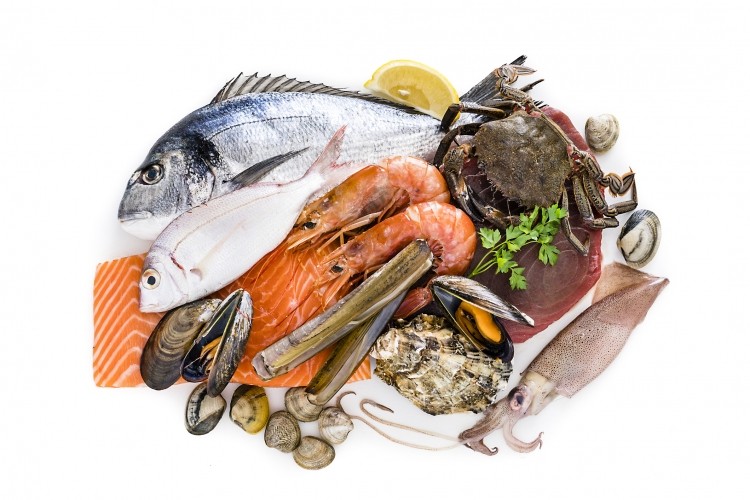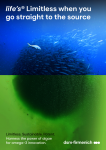Seafood-based omega-3 lower risk of chronic kidney disease – global study

Omega-3 fatty acids from seafood sources were associated with an 8-13% reduction in chronic kidney disease (CKD) risk and slower decline of the renal function.
On the flipside, higher levels of plant-based n-3 PUFAs did not lower risk. The results were consistent across subgroups
The study was a pooled analysis conducted across 19 prospective studies involving more than 25,000 people from 12 countries, which were identified up to May 2020. The 19 studies had measured n-3 PUFA biomarker data with CKD incidences.
The prevalence of CKD is estimated to be one in 11 in the general population.
Previous research has shown that the consumption of n-3 PUFAs obtained from seafood help to tackle CKF risk factors:
“Meta-analyses of randomised controlled trials have shown that increased n-3 PUFA intake improved arterial stiffness, lowered blood pressure, and reduced plasma triglycerides. Because endothelial dysfunction, hypertension, and dyslipidaemia are CKD risk factors, n-3 PUFAs could protect against the development of CKD,” states the paper.
The latest study posited that seafood-based n-3 PUFAs, contrary to plant-based n-3 PUFAs, help to mediate metabolic risk factors such as lipid, glucose, and inflammatory profile to prevent CKD.
Plant-based n-3 PUFAs oxidise more quickly in the body, and the authors maintained that consuming it alone is not enough to maintain renal health.
The main limitations of the study include the increasing random misclassification over time due to the n-3 PUFA biomarkers and covariates measured only once at baseline, heterogenous findings due to subjective determination of outcomes and covariate measurements by the cohorts, and that some cohorts did not have some data for comparison.
Concluding the findings, the authors said that although the magnitude of the associations was modest, their findings suggest that healthy dietary patterns should include adequate consumption of seafood and oily fish.
They added that further randomised controlled trials were necessary to assess the potential beneficial role of seafood-based n-3 PUFAs in preventing and managing CKD.
Source: BMJ
“Association of omega 3 polyunsaturated fatty acids with incident chronic kidney disease: pooled analysis of 19 cohorts”
DOI: 10.1136/bmj-2022-072909
Authors: Ong, K.L., et al
















